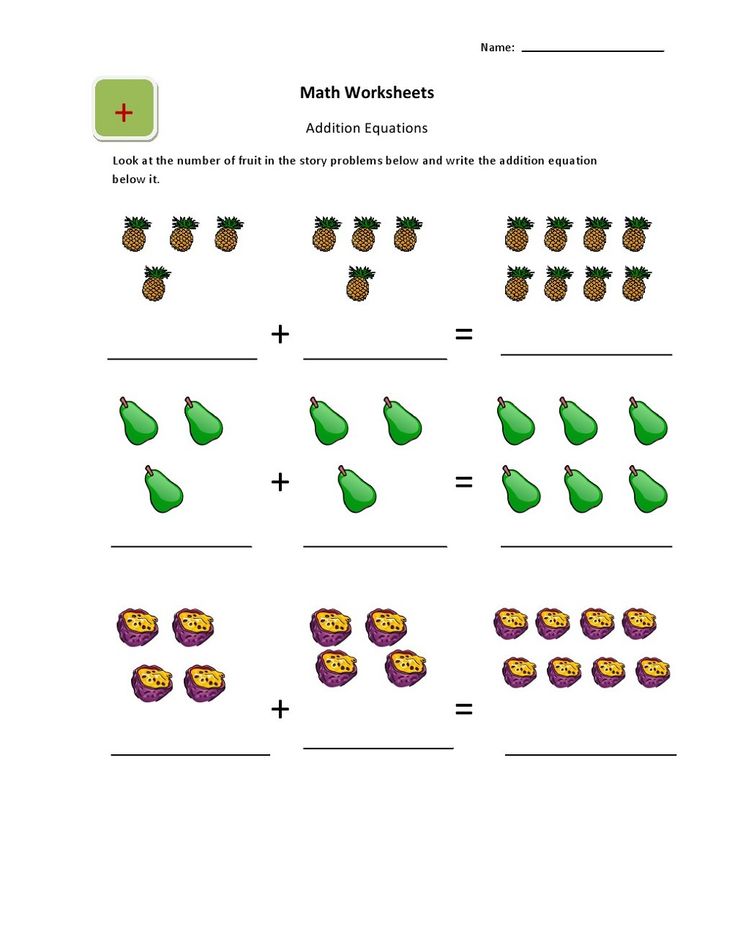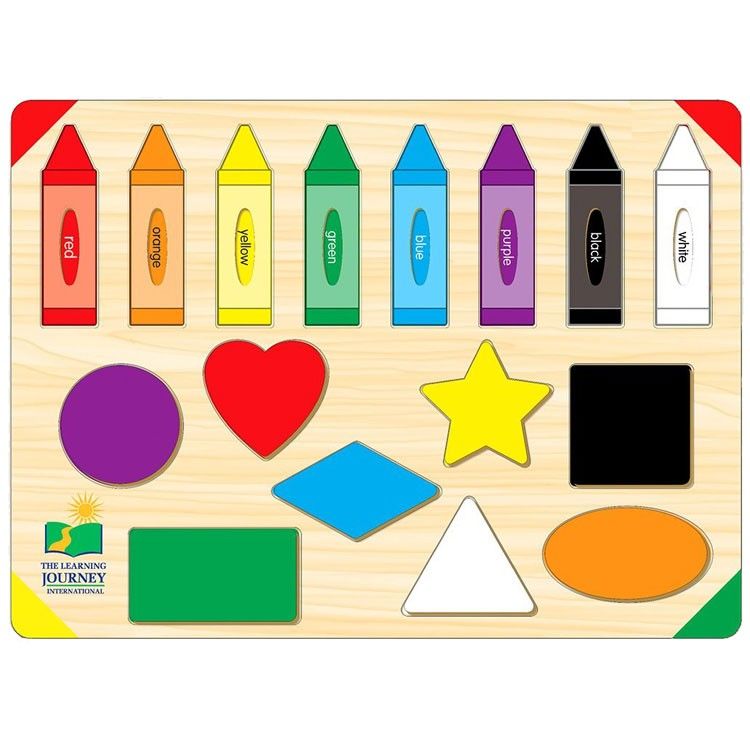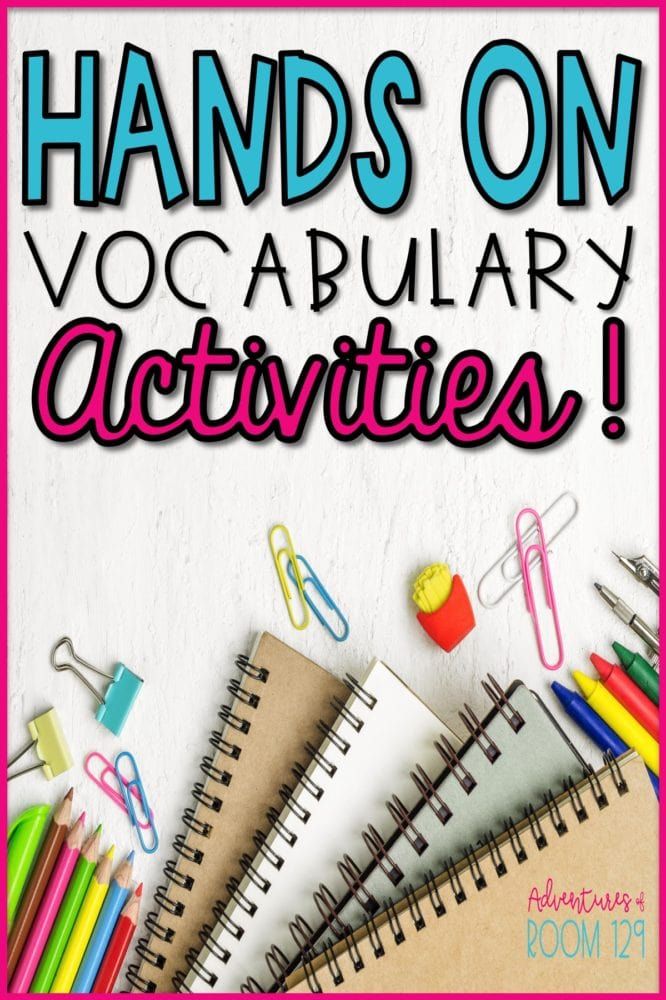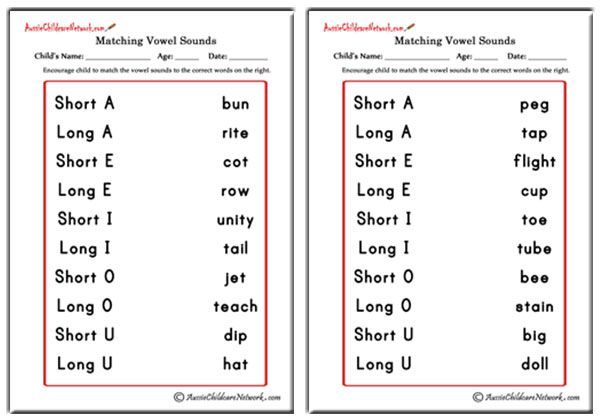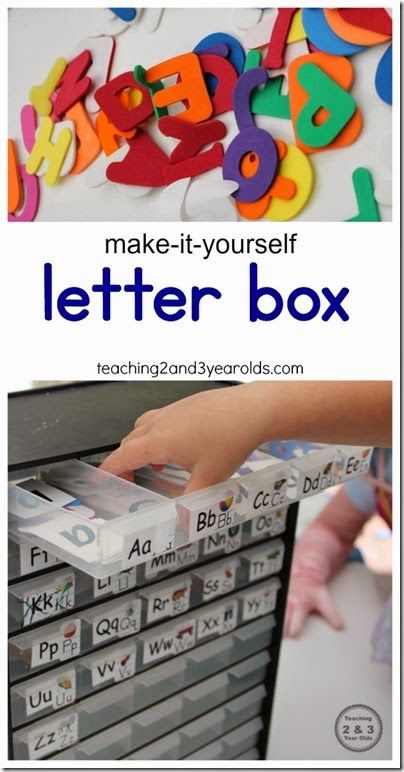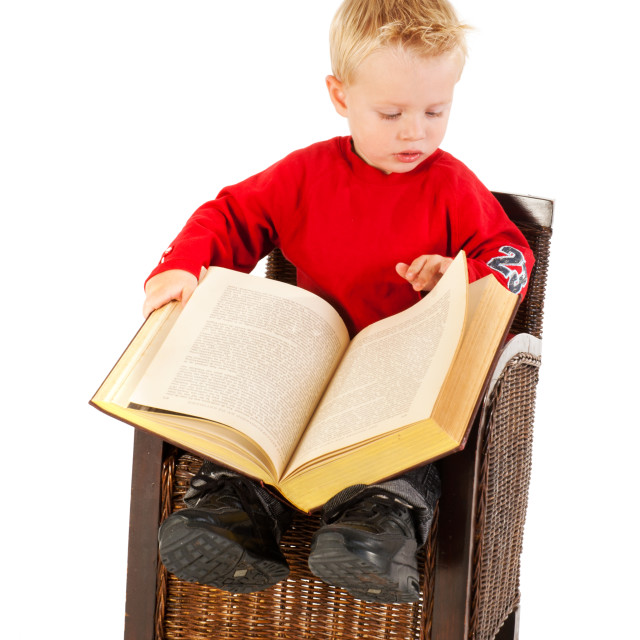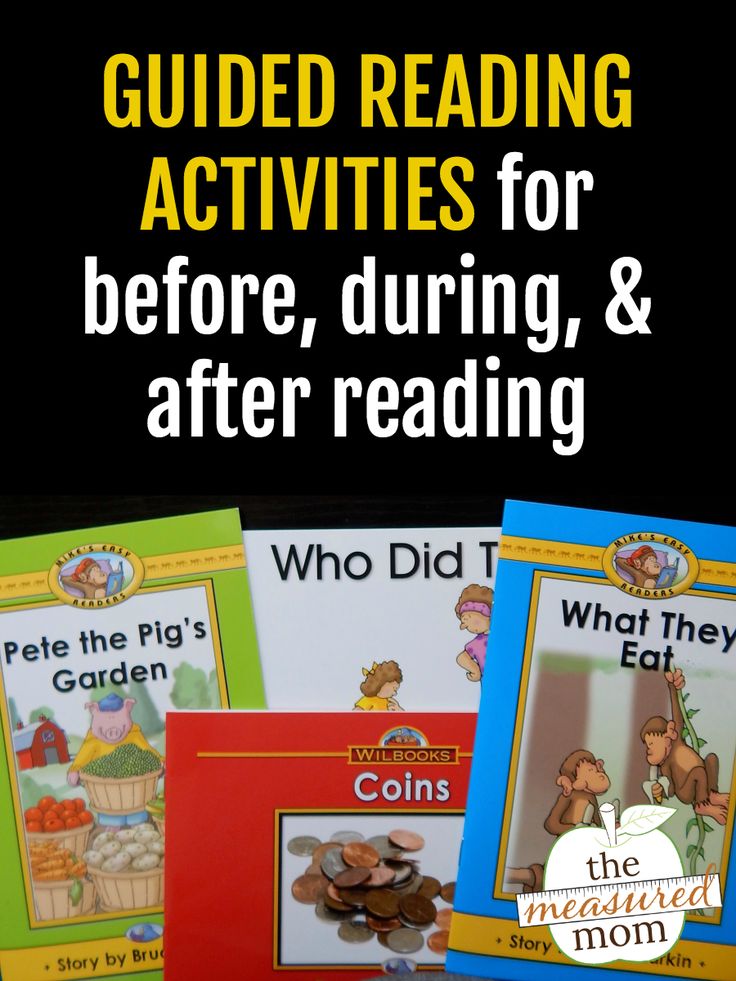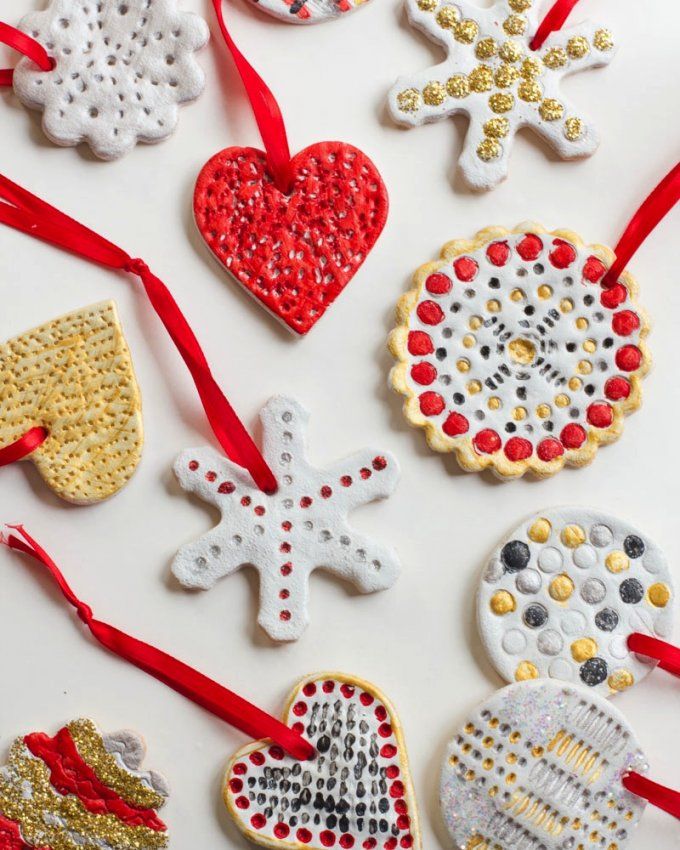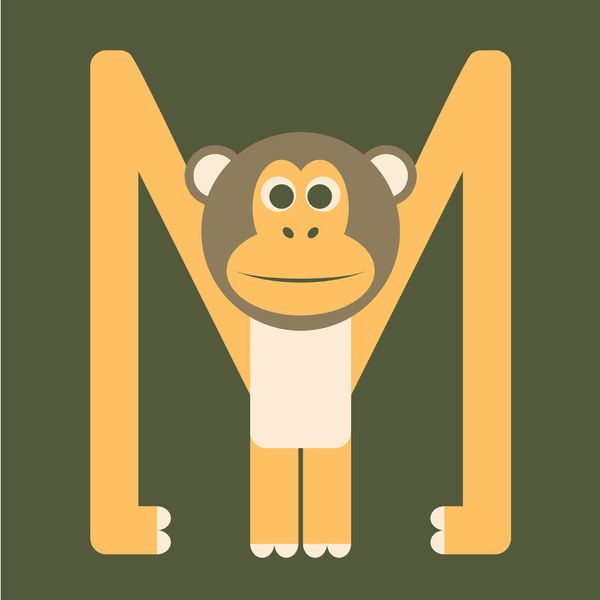Math topics for kids
The 4 Major Math Concepts Your Kids Learn in PreK & Kindergarten
There are so many different topics our children learn throughout the year, just keeping up with each night’s new piece of homework and its latest ideas can feel very overwhelming. As parents, we don’t get to see the major idea behind the “everyday” work and it can be frustrating to understand where each skill is going. In this first blog post of a continuing series, I will be highlighting the major math concepts that are taught at the different grade levels so we, as parents, can help to build and support these ideas at home.
Here are the four major math concepts taught in pre-kindergarten and kindergarten, along with exercises you can practice with your children to help reinforce their learning.
1. Counting. Students are beginning their experience with numbers through counting, number names and written numerals. Students are learning to count objects and understand a one-to-one correspondence. They are also starting to compare different sets of objects and use appropriate language.
Encourage your child to:
- Touch different objects and count out loud.
- Move objects from one group to another.
- Count a set of objects and “see” or “write” that corresponding number.
- Start to use comparing words: more than, less than, the same as.
2. Addition & Subtraction. This is the very early stage of adding and subtracting. The focus should be on developing an understanding of addition as “putting together and adding to,” and subtracting as “taking apart and taking from.” Students do not need to write equations at this young an age, but are encouraged to begin using them.
Encourage your child to:
- Tell stories about adding and subtracting. For example, for addition: Two bunnies sat on the grass. Three more bunnies hopped there. How many bunnies are on the grass now? For subtraction: Five apples were on the table.
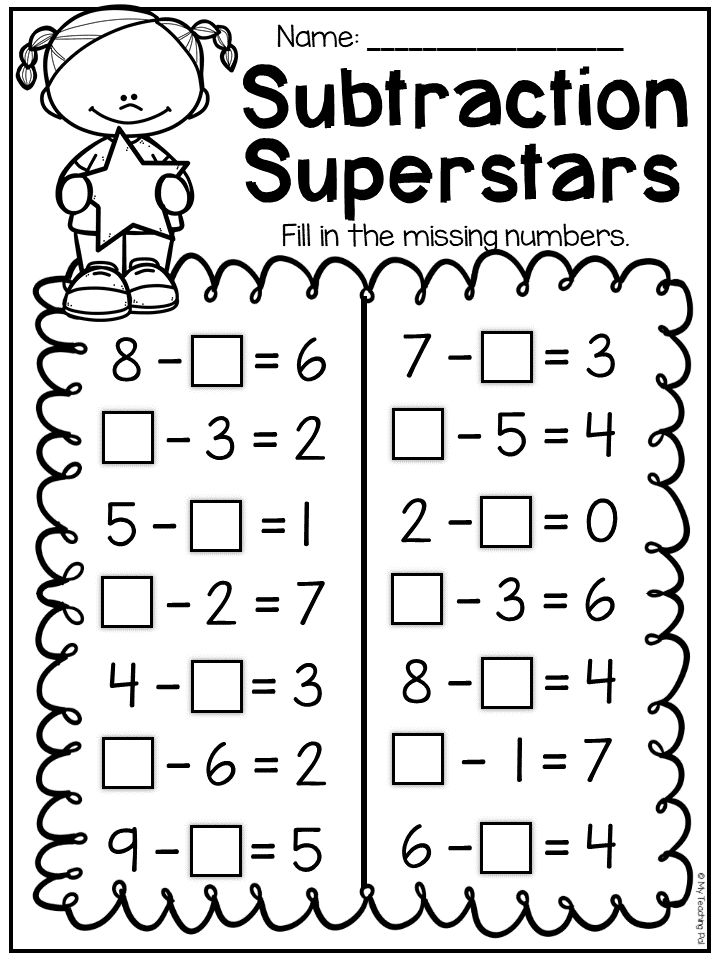 I ate two apples. How many apples are on the table now? Draw pictures about putting together and taking apart.
I ate two apples. How many apples are on the table now? Draw pictures about putting together and taking apart. - Count to 10 and break apart numbers (decompose – math’s fancy word for “breaking apart”) into different combinations. For example, 5 can be seen as:
Image Credit: http://kindercraze.com
3. Measurement & Data. Young children are beginning to describe and compare their physical world. They are starting to classify, sort and group objects into categories.
Encourage your children to:
- Compare two different objects using appropriate language. For example:
“John is taller than Sarah.”
“This tree is shorter than that tree.”
“My bag is heavier than your bag.” - Sort objects by color, size, material, etc.
- Describe their physical world with directional words: in front of, behind, on top of, next to, below, etc.
4. Geometry. Students are starting to look at and compare two-dimensional (flat) and three-dimensional (solid) shapes.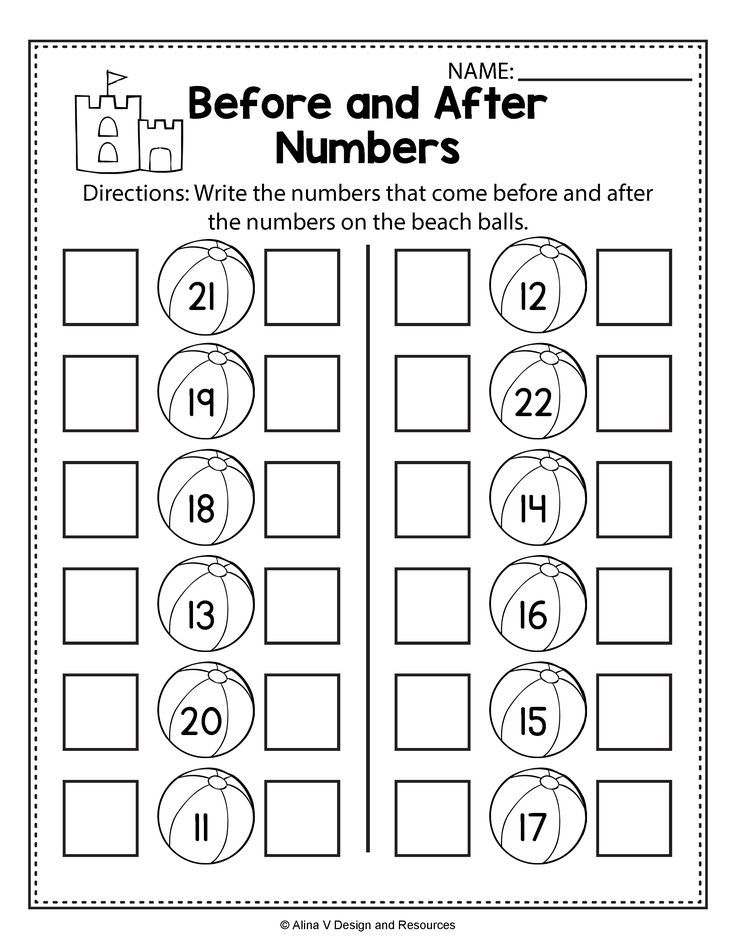 They are using appropriate language to recognize different shapes and talk about their attributes.
They are using appropriate language to recognize different shapes and talk about their attributes.
Encourage your child to:
- Find 2-D shapes in the world: squares, circles, triangles, rectangles, and hexagons.
- Find 3-D shapes in the world: cubes, cones, cylinders, and spheres.
- Count the different number of sides, vertices, angles, etc.Model different shapes using clay, sticks, pipe-cleaners, etc.
See all blog posts in this series for information on what your child will learn in math class from preschool all the up through 8th grade.
Math Topics For Kids - Pre-Kindergarten to 7th Grade
Math topics for children in pre-kindergarten, kindergarten, 1st grade, 2nd grade, 3rd grade, 4th grade, 5th grade, 6th grade and 7th Grade. Some topics covered include: addition, subtraction, ratios, multiplication, fractions, inequalities,shapes, geometry, percentages, algebra, telling time, tables, graphs, spatial sense, positions, metric system, measurement, numbers, number names, number line, division, decimals, tally marks, classification, sorting and ordering, estimation, rounding up, place value, geometry, logic, integers, mixed operations, probability, Pythagorean theorem, size, skip-counting, vocabulary, tables
and more.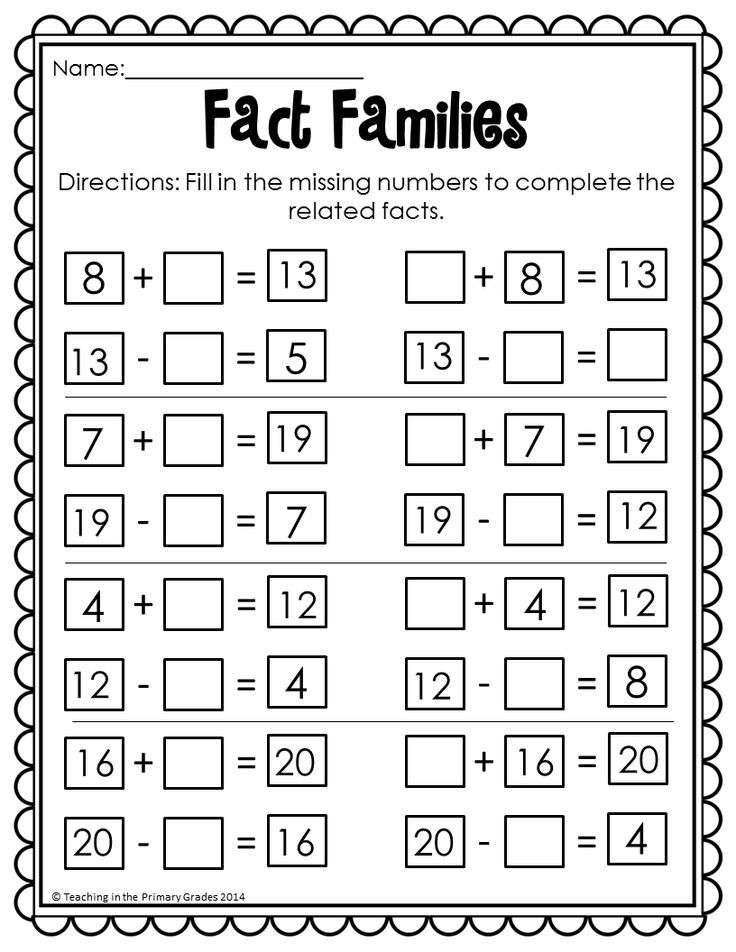 Each topic has the following tools to practice with: math worksheets, quizzes, math fun games, tests, math card and board games, PowerPoint (ppt) games and more.
Each topic has the following tools to practice with: math worksheets, quizzes, math fun games, tests, math card and board games, PowerPoint (ppt) games and more.
Addition
Math addition activities for children from pre-kindergarten to 7th grade. Contains addition topics: addition with pictures, addition word problems, addition up to millions, addition puzzles etc
- Addition worksheets
- Addition online games
- Addition board games
- Addition card games
- Addition PowerPoint Games
Click here for more
Algebra
Algebra for children from 3rd grade to 7th grade. Contains algebra topics: algebraic expressions, finding variables in an equation, addition, subtraction, division with algebra etc.
- Algebra worksheets
- Algebra online games
- Algebra board games
- Algebra card games
- Algebra PowerPoint Games
Click here for more
Classification
Classification of numbers and objects. For preschoolers, kindergarten to 7th graders: classification with pictures, classification of similar pictures, sorting out the odd object, size etc
For preschoolers, kindergarten to 7th graders: classification with pictures, classification of similar pictures, sorting out the odd object, size etc
- Classification worksheets
- Classification fun games
- Classification board games
- Classification card games
- Classification PowerPoint Games
Click here for more
Comparisons & Inequality
Inequalities and comparison of numbers and objects. For kindergarten to 5th grade: Compare groups of objects, compare numbers, greater than, less than or equal to, etc
- Comparisons worksheets
- Inequalities / comp. fun games
- Comparisons board games
- Inequalities card games
- Comp. / inequalities PPT Games
Click here for more
Comparisons
Comparison of numbers and objects.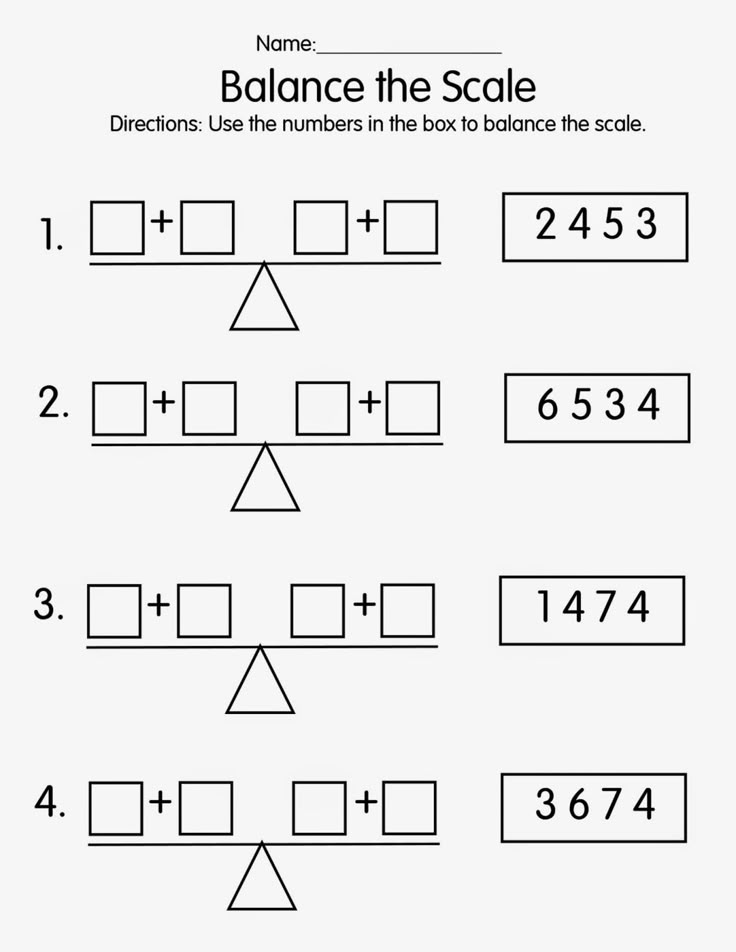 For kindergarten to 6th grade: comparison with pictures, comparison of height, size, length, numbers, greater, less or equal to
For kindergarten to 6th grade: comparison with pictures, comparison of height, size, length, numbers, greater, less or equal to
- Comparisons worksheets
- Comparison fun games
- Comparison board games
- Comparison card games
- Comparison PowerPoint Games
Click here for more
Count Tally Marks
Learn how to count tally marks in a sports event. For kindergarten to 3rd grade: count tally marks with strokes, counting up to 10, counting up to 30, learn to write strokes in a game etc
- Count tally marks worksheets
- Count tally marks fun games
- Count tally marks board games
- Count tally marks card games
- Count tally marks Ppt. Games
Click here for more
Decimals
Practice decimals with resources below.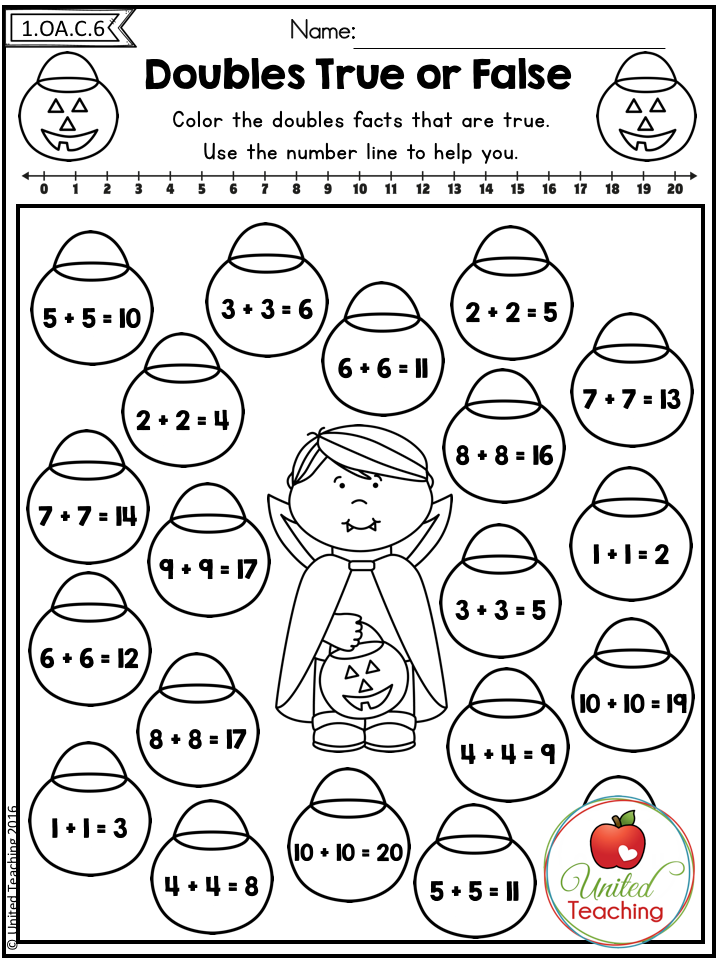 For 4th grade to 7th grade: decimals illustrated with pictures, addition, subtraction, multiplication etc with decimals, rounding up decimals etc
For 4th grade to 7th grade: decimals illustrated with pictures, addition, subtraction, multiplication etc with decimals, rounding up decimals etc
- Decimals worksheets
- Decimals fun games
- Decimals board games
- Decimals card games
- Decimals PowerPoint Games
Click here for more
Division
Practice division with resources below. For 3rd grade to 7th grade: division illustrated with pictures, division of apples, long division, division of 1, 2, 3, 4, 5 digit numbers.
- Division worksheets
- Division fun games
- Division board games
- Division card games
- Division PowerPoint Games
Click here for more
Exponents
Practice powers and exponents with resources below.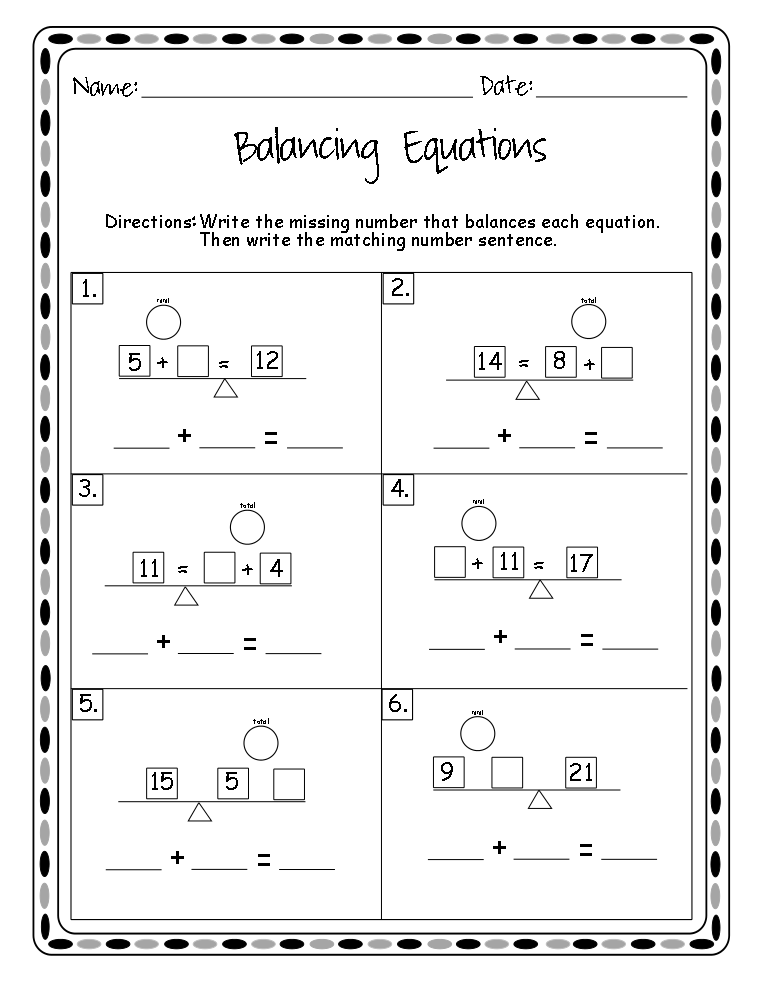 From 6 th grade to 7th grade: learn finding the standard form of numbers to the 1st, 2nd, 3rd, 4th etc powers
From 6 th grade to 7th grade: learn finding the standard form of numbers to the 1st, 2nd, 3rd, 4th etc powers
- Exponents worksheets
- Powers fun games
- Exponents board games
- Exponents card games
- Powers PowerPoint Games
Click here for more
Estimation and rounding up
Practice rounding-up and estimating numbers below. From 3rd grade to 6th grade: learn estimation of numbers to tenths, hundreds, thousands, nearest whole numbers etc.
- Round-up numbers worksheets
- Estimation fun games
- Round-up board games
- Estimation card games
- Estimation PowerPoint Games
Click here for more
Fractions
Learn fractions with resources below. From kindergarten to 7th grade. Fraction of objects, fraction of circles, addition, subtraction, division, multiplication of fractions etc
From kindergarten to 7th grade. Fraction of objects, fraction of circles, addition, subtraction, division, multiplication of fractions etc
- Fraction worksheets
- Fraction fun games
- Fraction board games
- Fraction card games
- Fraction PowerPoint Games
Click here for more
Geometry
Have fun learning geometry with the resources below. Pre-K to 7th grade. Learn : shapes, symmetry, angles, area of figures, Pythagorean theorem, circles, perimeter, volume etc
- Geometry worksheets
- Geometry fun games
- Geometry board games
- Geometry card games
- Geometry PowerPoint Games
Click here for more
Graphs
Learn how to represent data from tables / real life on graphs.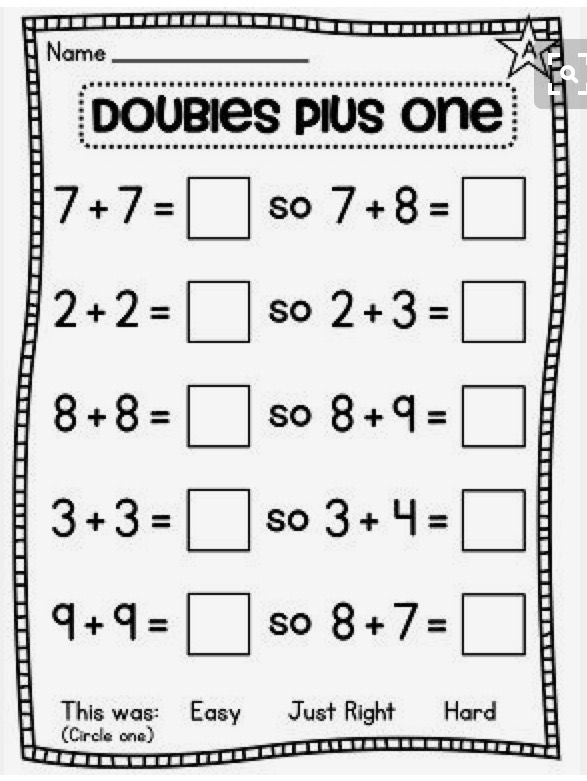 Kindergarten to 7th grade : Coordinates, bar graphs, linear graphs, representation of daily activities, getting information on graphs etc
Kindergarten to 7th grade : Coordinates, bar graphs, linear graphs, representation of daily activities, getting information on graphs etc
- Graphs worksheets
- Graphs fun games
- Graphs board games
- Graphs card games
- Graphs PowerPoint Games
Click here for more
Integers
Gain skills on integers with resources below. 3rd grade to 7th grade ; addition and subtraction of integers, multiplication of integers, division of integers, absolute values and more
- Integer worksheets
- Integer fun games
- Integer board games
- Integer card games
- Integer PowerPoint Games
Click here for more
Logic
Learn logic and practice skills with materials below.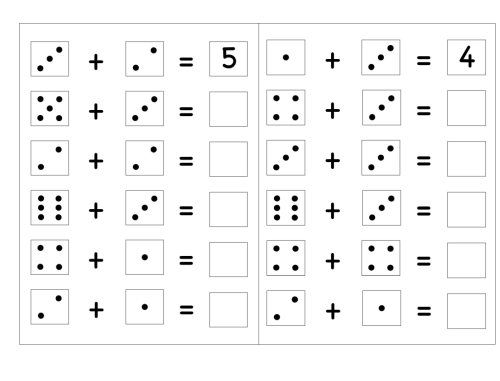 1st grade to 7th grade: logic applied to place values, logic applied to daily life, logic applied to telling the time, logic with numbers etc.
1st grade to 7th grade: logic applied to place values, logic applied to daily life, logic applied to telling the time, logic with numbers etc.
- Logic worksheets
- Logic fun games
- Logic board games
- Logic card games
- Logic PowerPoint Games
Click here for more
Metric System
Metric systems problem. Kindergarten to 7th grade : Read thermometers, tapes, scales, convert scales, cm, mm, yards, feet, inch and many more conventional units of measurement.
- Metric system worksheets
- Metric system fun games
- Metric system board games
- Measurement card games
- Metric system Ppt. Games
Click here for more
Mixed Operations
Practice mixed operations in mathematics.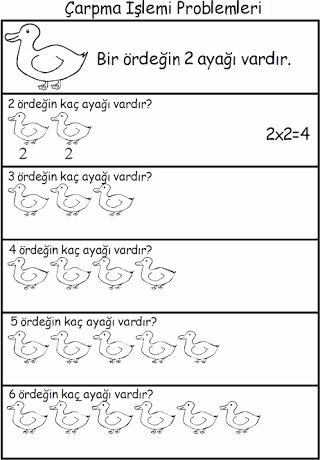 Pre-k to 7th grade. Solve problems combining addition, subtraction, algebra, division, multiplication, inequalities and more
Pre-k to 7th grade. Solve problems combining addition, subtraction, algebra, division, multiplication, inequalities and more
- Mixed operation worksheets
- Mixed operations fun games
- Mixed operation board games
- Mixed operation card games
- Mixed operation Ppt. Games
Click here for more
Money
Gain skills on how to spend money. Pre-K to 7th grade : Identify coins, penny, dime, nickle, euros, dollars, pounds, find sum of money, money word problems, consumer math etc
- Money worksheets
- Money fun games
- Money board games
- Money card games
- Money Ppt. Games
Click here for more
Multiplication
Multiplication topics.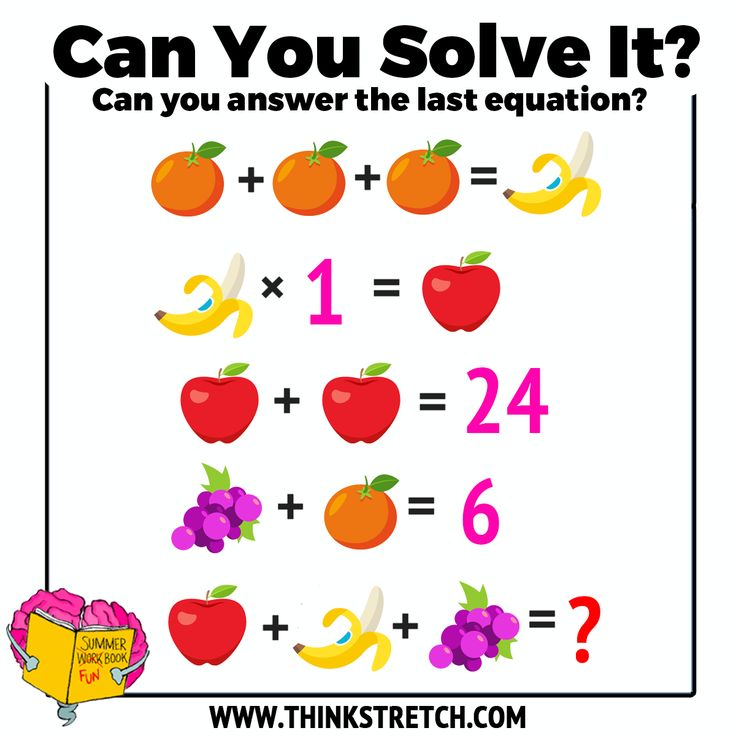 From 2nd grade to 7th grade: multiplication illustrated with pictures, multiplication of units, tens, hundreds, thousands, multiplication of fractions, algebra etc
From 2nd grade to 7th grade: multiplication illustrated with pictures, multiplication of units, tens, hundreds, thousands, multiplication of fractions, algebra etc
- Multiplication worksheets
- Multiplication fun games
- Multiplication board games
- Multiplication card games
- Multiplication Ppt. Games
Click here for more
Names of numbers
Get familiar with numbers, practice with resources below. Pre-K to 7th grade: Counting, tracing numbers, number lines, spelling numbers, Roman numerals, counting objects, counting puzzles etc
- Number names worksheets
- Number lines fun games
- Number names board games
- Numbers card games
- Numbers Ppt.
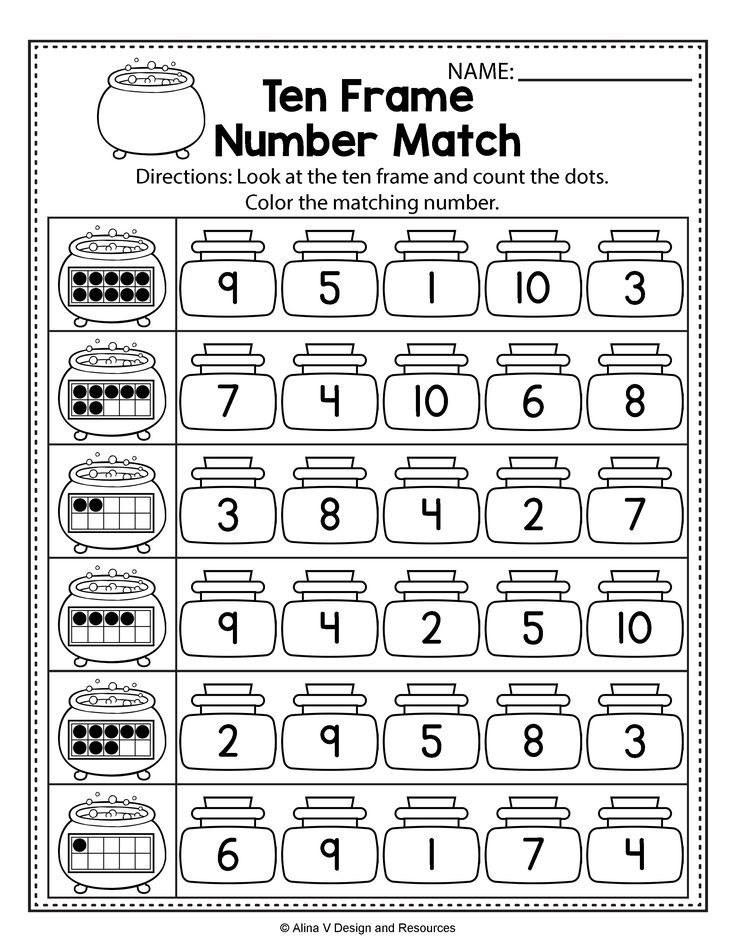 Games
Games
Click here for more
Numbers
Practice writing, spelling and tracing numbers. Pre-K to 2nd grade. Learn tracing numbers, coloring numbers, spelling and writing numbers, position of numbers on numbers lines and more
- Numbers worksheets
- Numbers fun games
- Numbers board games
- Numbers card games
- Numbers Ppt. Games
Click here for more
Patterns
Practice picture and number patterns. For preschoolers to 7th graders : patterns with pictures, finding the next pattern, similar patterns, number sequences, identifying next values etc
- Patterns worksheets
- Patterns fun games
- Patterns board games
- Patterns card games
- Patterns Ppt.
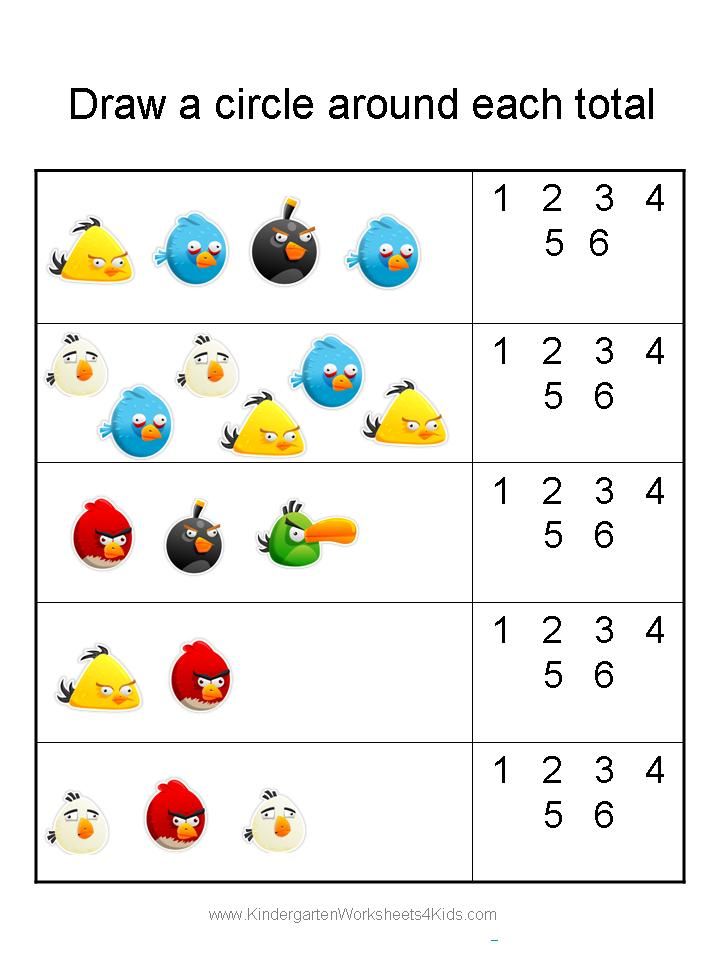 Games
Games
Click here for more
Percentages
Have fun while learning percentages with the activities below. 3rd grade to 7th grade: Percentage of numbers, percentage with ratios, percentage of illustrations, percentage with fractions and more
- Percentages worksheets
- Percentages fun games
- Percentages board games
- Percentages card games
- Percentages Ppt. Games
Click here for more
Place value
Learn topics on place value with the activities below .1st grade to 6th grade : Place value illustrated, units, hundreds, thousands etc, find expanded and standard forms, find the value of underlined places etc
- Place value worksheets
- Place value fun games
- Place value board games
- Place value card games
- Place value Ppt.
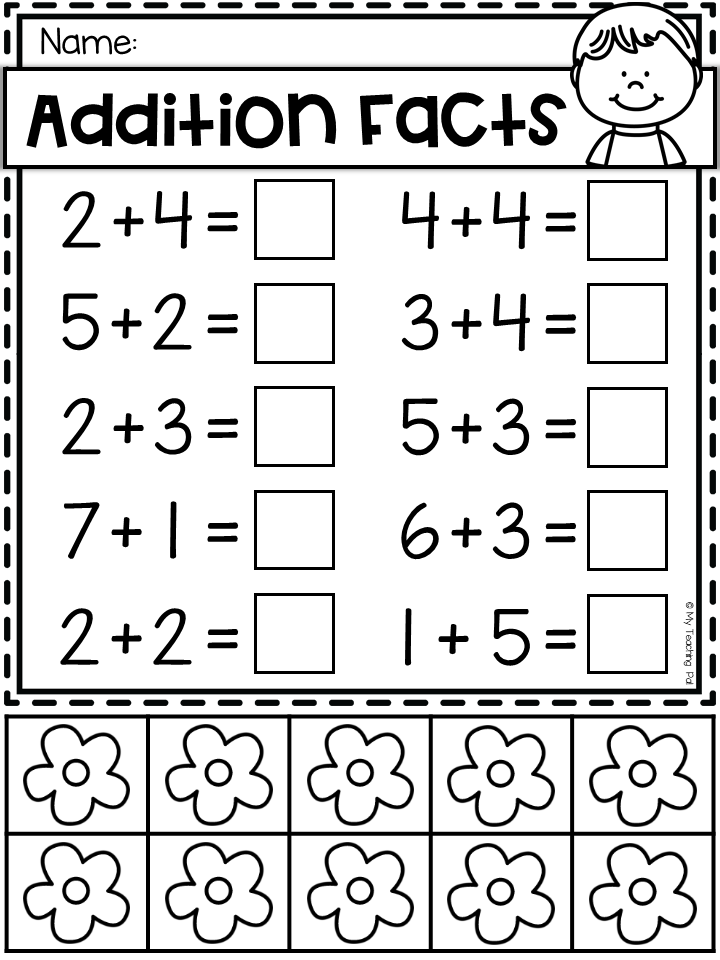 Games
Games
Click here for more
Positions
Spatial sense and number positions topics. For pre-K to 6th grade children: left- right - middle positions, top - middle - bottom , location in 3 by 3 grid, location in xy - coordinates and more
- Spatial sense worksheets
- Spatial sense fun games
- Spatial sense board games
- Spatial sense card games
- Spatial sense Ppt. Games
Click here for more
Probability
Probability and statistics math topics. Kindergarten to 7th grade: spin the wheel probability, picking at random in a box, finding the likelihood and odds of a situation happening etc
- Probability / stats. worksheets
- Probability / stats.
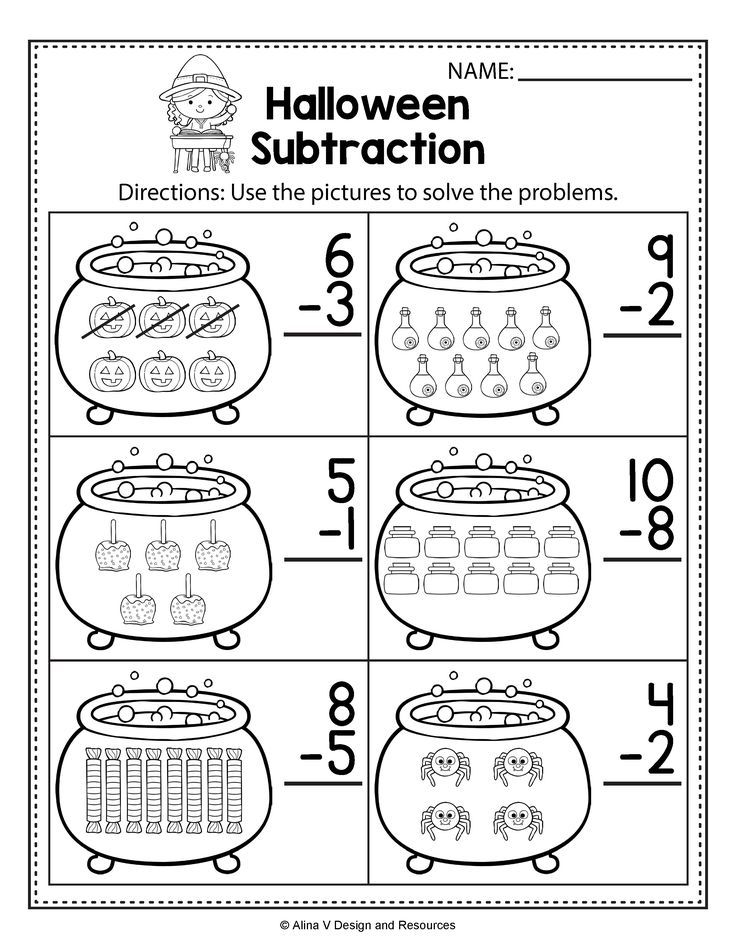 fun games
fun games - Probability / stats. board games
- Probability / stats. card games
- Probability / stats. Ppt. Games
Click here for more
Pythagorean Theory
Learn how the Pythagorean Theorem works. Suitable topic from 4th grade to 7th grade : Finding the base, height and hypotenuse of triangles using the Pythagorean Theorem
- Pythagorean theorem worksheets
- Pythagorean theorem fun games
- Pythagorean th. board games
- Pythagorean theorem card games
- Pythagorean theorem ppt. games
Click here for more
Ratios
Topics on ratio.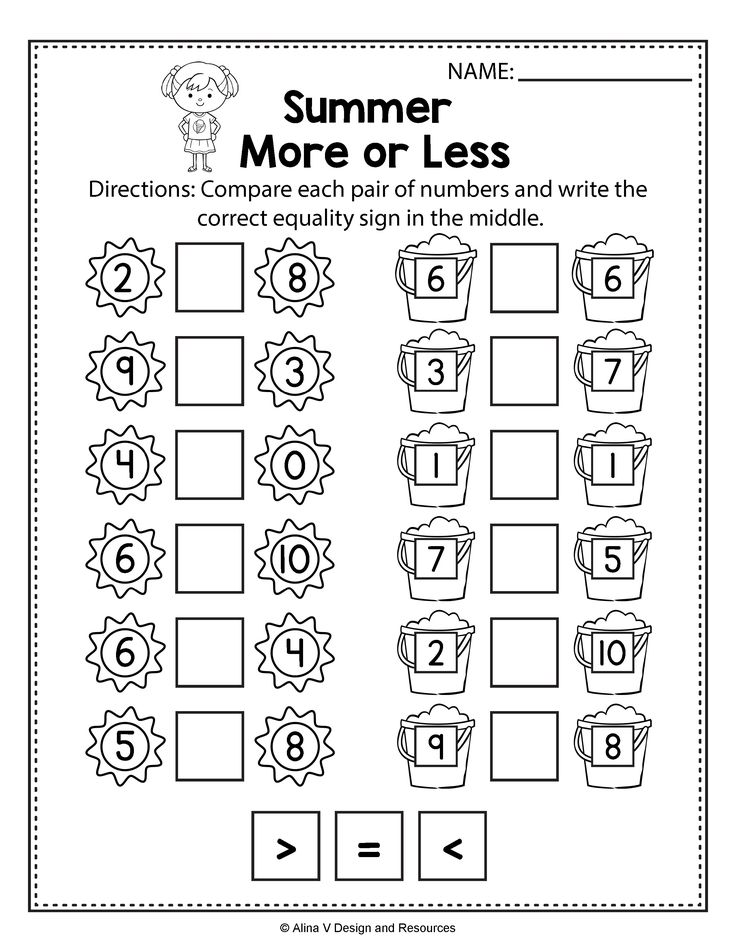 For children from 4th to 7th grade: Ratios and proportions, fractions to ratios, convert ratios to percentages, applying ratios in consumer math, ratios in daily life etc
For children from 4th to 7th grade: Ratios and proportions, fractions to ratios, convert ratios to percentages, applying ratios in consumer math, ratios in daily life etc
- Ratio worksheets
- Ratio fun games
- Ratio board games
- Ratio card games
- Ratio ppt. games
Click here for more
Shapes
Topics on shapes / geometry for children from Pre-k to 3rd grade : Circles, squares, triangles, pentagon, hexagon, rectangles, cube, cylinder, planar shapes, congruent shapes, relating shapes etc
- Shapes worksheets
- Shapes fun games
- Shapes board games
- Shapes card games
- Shapes ppt.
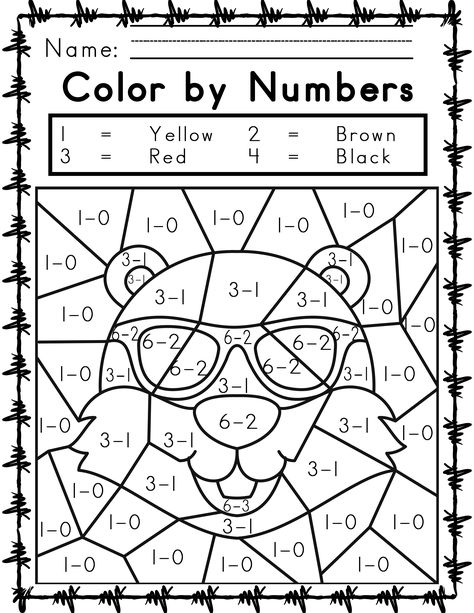 games
games
Click here for more
Size
Topics for children to learn sizes. Preschool to 5th grade: carrying capacity, bigger or smaller objects, can contain more or less, taller and shorter, longer and shorter, wide or narrow etc
- Shapes worksheets
- Shapes fun games
- Shapes board games
- Shapes card games
- Shapes ppt. games
Click here for more
Skip counting
Learn counting with skip counting topics. 1st grade to 5th grade. Counting in ones, twos, threes, fours, tens, etc. Also learn to count with pictures of groups of two or fives etc
- Skip- counting worksheets
- Skip- counting fun games
- Skip- count board games
- Skip- counting card games
- Skip- counting ppt.
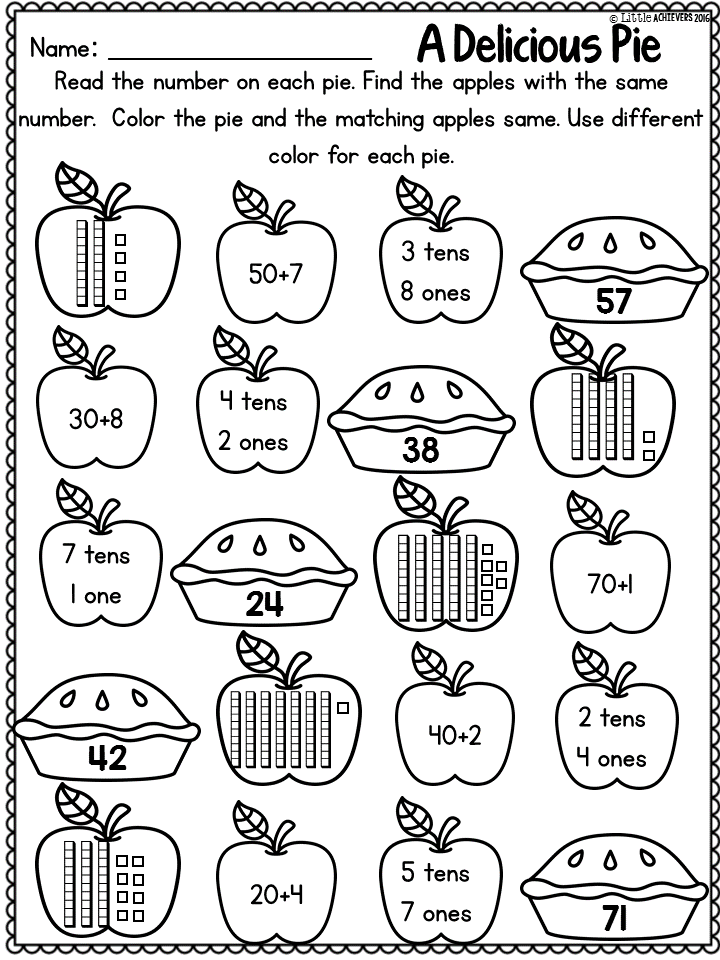 games
games
Click here for more
Spatial sense
Locations and number positions topics. For pre-K to 6th grade children: left- right - middle positions, top - middle - bottom , location in 3 by 3 grid, location in xy - coordinates and more
- Spatial sense worksheets
- Positions fun games
- Spatial sense board games
- Positions card games
- Spatial sense Ppt. Games
Click here for more
Subtraction
Subtraction topics. 1st grade to 7th grade. Learn subtraction of object, numbers, 1, 2, 3, 4, 5 etc place numbers, subtraction word problems, algebra with subtraction, subtraction quick facts etc
- Subtraction worksheets
- Subtraction fun games
- Subtraction board games
- Subtraction card games
- Subtraction Ppt.
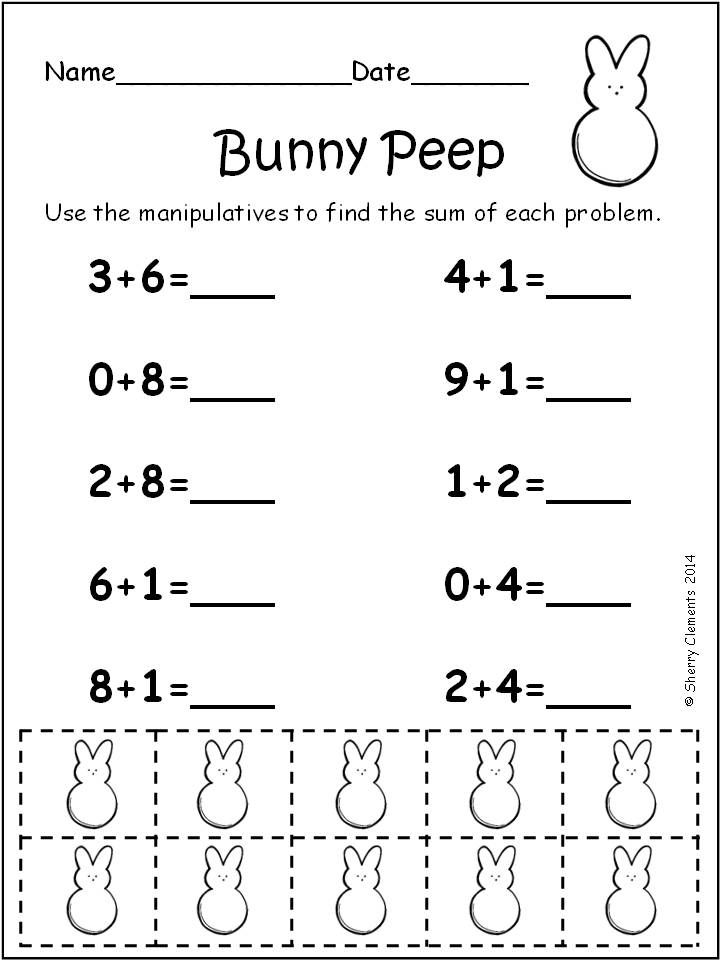 Games
Games
Click here for more
Tables
Data on tables topics. From 2nd grade to 7th grade: Data collection on field trips, shopping, tables of weekly events, tables of games scores, tables for graphical representation etc.
- Tables / data worksheets
- Tables fun games
- Tables board games
- Tables card games
- Tables Ppt. Games
Click here for more
Time
Math topics on telling the time. For Pre-K to 7th grade: Telling time on analogue clocks, read time on electronic clocks, time passages, time events, reading calenders, time facts etc
- Time worksheets
- Time fun games
- Time board games
- Time card games
- Time Ppt.
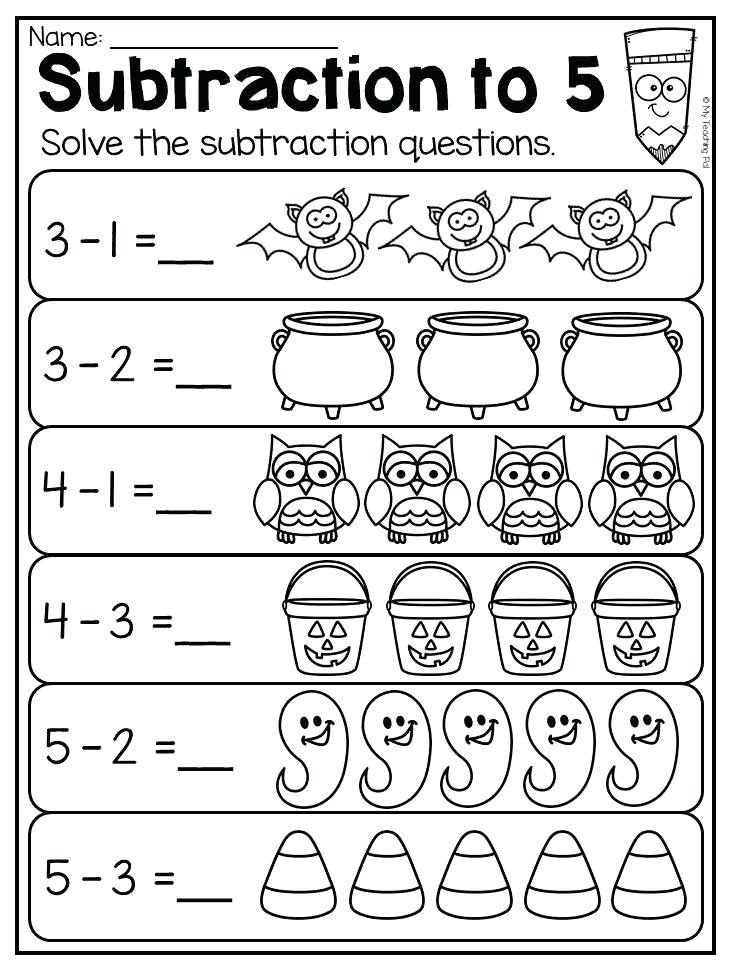 Games
Games
Click here for more
Vocabulary
Math vocabulary topics. For Pre-k to 3rd grade children: mathematical signs, get familiar with math vocabulary for signs and expressions, plus, minus, product, division etc
- Math vocabulary worksheets
- Vocabulary fun games
- Vocabulary board games
- Vocabulary card games
- Vocabulary Ppt. Games
Click here for more
Math for children 4, 5, 6, 7 years old
Here you can find a lot of useful materials on the topic "Math for children for children 4, 5, 6, 7 years old", which you can print on a printer and engage with children as at home, and in preschool and school institutions. Learning math in a playful way is a very interesting activity even for those children who do not show much love for learning.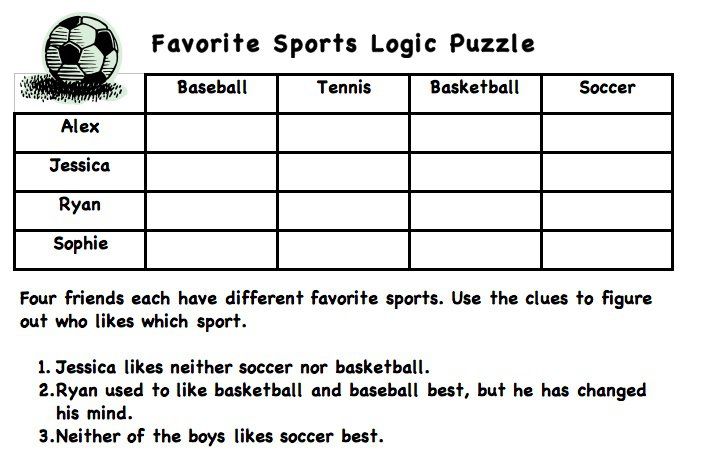 Also, such tasks are great for little fidgets who cannot sit in one place for 5 minutes. Each game task is designed for a younger child - it is designed in such a way that the child does not get tired, and at the same time receives a useful portion of knowledge and skills. The main thing is not to solve all the tasks at once, only one at a time!
Also, such tasks are great for little fidgets who cannot sit in one place for 5 minutes. Each game task is designed for a younger child - it is designed in such a way that the child does not get tired, and at the same time receives a useful portion of knowledge and skills. The main thing is not to solve all the tasks at once, only one at a time!
Mathematics for children 4, 5, 6, 7 years old - choose a section for learning
Mathematics for children is presented here in several sections, each of which develops certain skills in teaching a child. For example, counting up to 10 and 20 is intended for children who are learning to count objects, but still do not know numbers well and do not know how to solve mathematical expressions. In the section with tasks in mathematics, more complex tasks are presented, in which examples, tasks, and various tasks for adding, subtracting, dividing the number of objects into equal parts, etc. can be found. In tasks with geometric shapes, children will get acquainted with the shapes and names of geometric shapes, perform simple tasks to consolidate the learned material.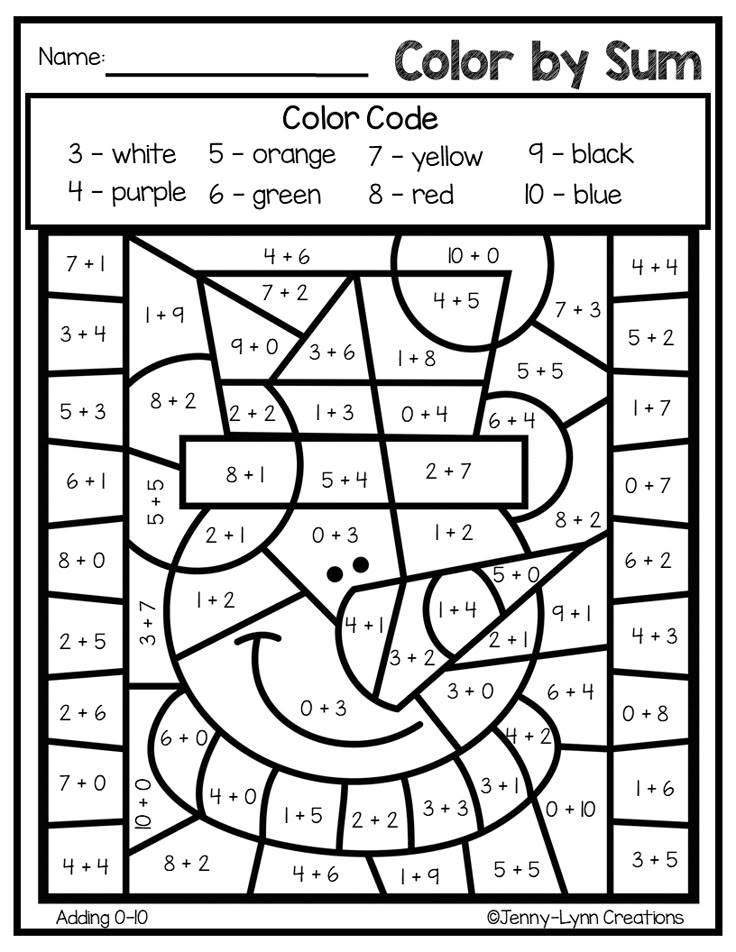 Also, tasks with mathematical signs (greater than, less than, equals sign) are given separately.
Also, tasks with mathematical signs (greater than, less than, equals sign) are given separately.
Learning to Count to 10 - Fun Picture Activities
In this section we are learning to count to 10 with fun picture activities for preschoolers. Learning to count in a playful way is a very interesting activity even for those children who do not show much love for learning.
Learn to count to 20 - Picture game tasks
Here we learn to count to 20 by doing interesting picture game tasks. The activities below are suitable for children who have already mastered counting up to 10 and are starting to learn counting within 20.
Fun math pictorial tasks for kids
Here are some fun and colorful math pictorial tasks for kids who are getting ready for school or are in 1st grade. Assignments can be very useful for teachers in kindergartens and elementary schools to teach children about mathematical expressions more effectively.
Geometric shapes for children - Interesting tasks
Here you can download and print geometric shapes for children in the form of interesting tasks in pictures, the implementation of which will not only benefit the child, but also a lot of fun.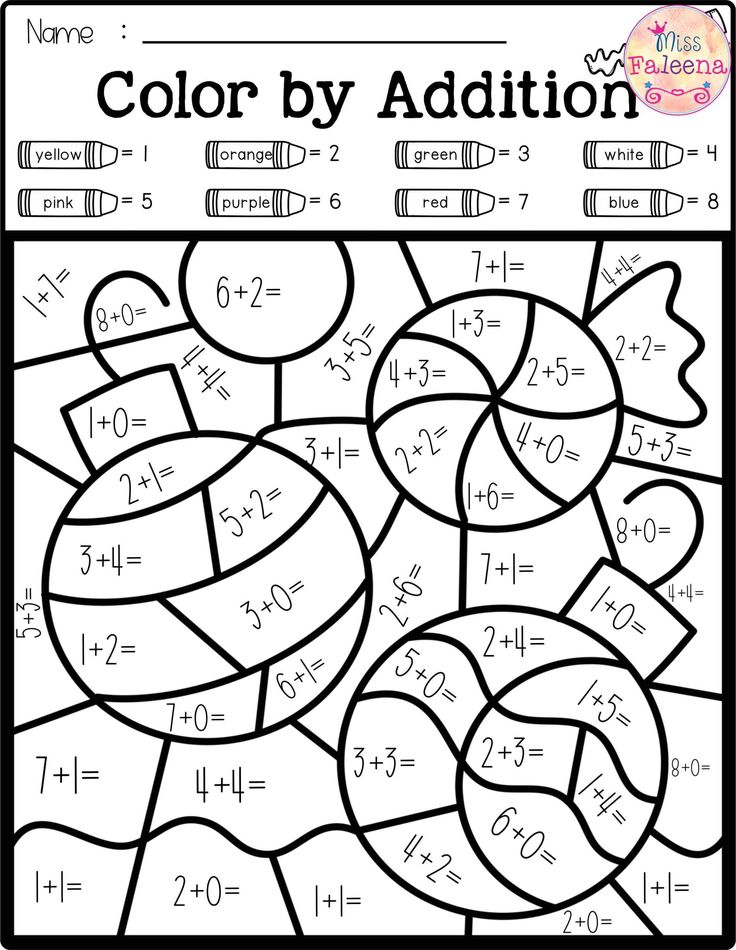
Numbers for kids - Download, print and cut!
Numbers for children in various designs are presented here - numbers in the form of flowers, three-dimensional, gold, with various textures, ice, puzzle numbers, as well as simple numbers in black and red.
Mathematical signs and symbols - Picture tasks
Learning math signs and symbols with interesting picture tasks. By completing tasks, the child will learn to distinguish between greater than and less than signs, as well as plus, minus and equal signs.
Other interesting topics with mathematics
Educational games "Mathematics for Toddlers"
Games developed by the Chudo-Yudo children's portal especially for the youngest children (from 2 years old), who are just starting to learn to count to 10. Such games contribute to faster memorization of numbers, and also allow the child to understand the technology of counting, which is difficult for his age.
Math games for children from 4 to 6 years old
Games are designed to prepare a preschooler for the first mathematical knowledge and numeracy. Here you will find interesting colorful games in which the child will need to find and count the specified number of objects or living beings. Children of this age really like to count, especially in a playful way.
Math examples online
A great opportunity for younger students to practice their knowledge of mathematics. After all, in these tasks you need to be able to quickly solve examples, because a certain time is allocated for the passage of each task. When the time runs out, then you are credited with points only for those examples to which the child managed to answer.
All educational materials presented in the section "Mathematics for children 4, 5, 6, 7 years old" are very useful for preschoolers to prepare for school, as well as for younger students to practice and test their knowledge.
Entertaining math for preschoolers, math games and online tasks
HomeExerciseMath
Math
Learning shapes course
View all
What is symmetry?
Part of the whole
We study the figures (1)
We study the figures (2)
Study the figures (3)
We study the figures (4)
Posal Line
polygon
polygons (1)
View all
Course Learn numbers
View all
Number 1 (1)
Distinguish numbers from 0 to 9 (1)
Distinguish numbers from 0 to 9 (2)
Distinguish numbers from 0 to 9 (3) 9000
Distinguish numbers from 0 to 9 (4)
Number line up to 10 (1)
Digit 1 (2)
Digit 2 (1)
Digit 2 (2)
View all
View all
Funny numbers (1)
Funny numbers (2)
Cheerful count up to 3
Cheerful count up to 5
Where else? (1)
Where is more? (2)
Let's count!
Remove the numbers up to 3
We play and consider
View all
Consider up to 10
View all
Funny account up to 10 (1)
Funny score up to 10 (2)
Tasks for up to 10 up to 10 (1)
Number line problems up to 10 (2)
Play and count (1)
Play and count (2)
Which is in order up to 10?
Count down from 10 to 1 (1)
Count down from 10 to 1 (2)
View all
Count up to 20
View all order up to 20 (1)
Correlating objects and numbers up to 20 (1)
Composition of the number 12
Counting in pairs up to 20
Counting objects up to 20
Counting objects up to 20 (2)
Count items up to 20 (3)
Count items up to 20 (4)
View all
Count up to 100
View all
Approximate count (2)
Millimeter
Approximate count (1)
Arrange in order to 100 (1)
Count to one hundred
View all
Composition of number
View all
Composition of number 10 2 90 90Ol000 Learning to solve problems up to 10 (1)
Learning to solve problems up to 10 (2)
Examples in pictures
Subtract and add
Subtraction with the transition through a dozen (2)
Subtraction through ten (3)
Drag answer
Addition.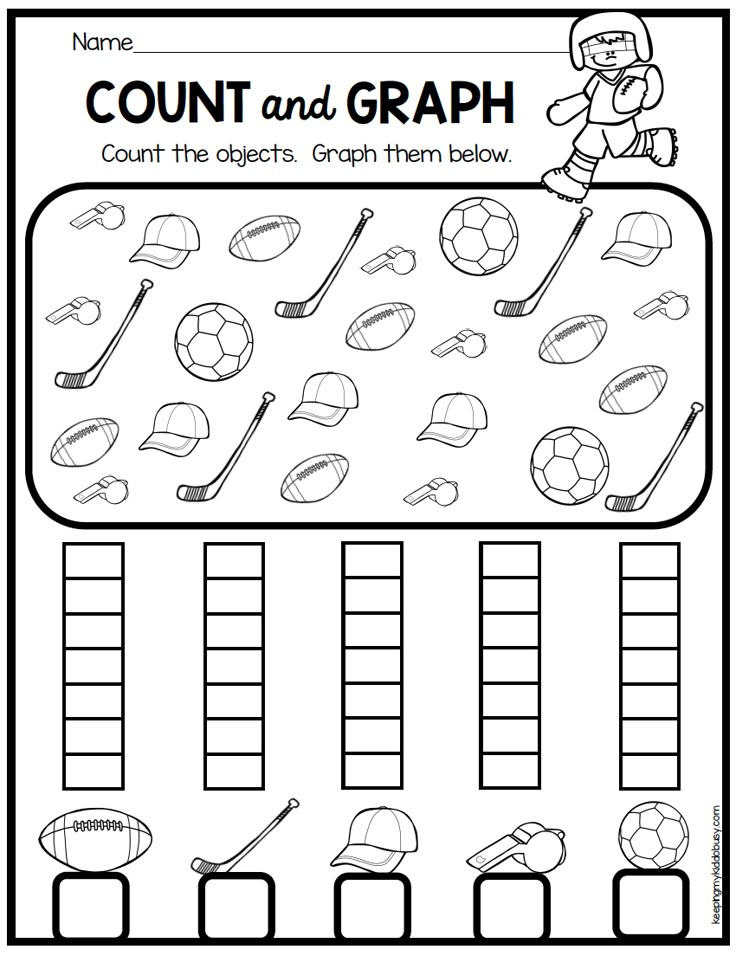 Terms. Sum. (1)
Terms. Sum. (1)
Addition. Terms. Sum. (2)
View all
Compare numbers
View all
Longer, shorter, equal in length
Comparing numbers in pictures up to 10
Odd or even
Comparing expressions. Equalities and inequalities
Comparison of numbers within a million
Comparison of numbers in pictures up to 20
Comparison of numbers within 20
Compare the numbers
View all
Multiply and divide
View all
Remember the multiplication table
Division by 10 and 100
The division of a three -digit number by a three -digit number by a single -digit
Multiplication and division problems
Do you know the multiplication table? (1)
Do you know the multiplication table? (2)
Written division with remainder
Written multiplication by a two -digit number
View all
We solve problems and examples
View all
Learning to solve problems up to 10 (1)
Money LOVE
diagrams
Subtraction checks for multiplication and the task of multiplication and division
Examples with brackets
Add and subtract
Composition of the number
Composition of the number
View all
Determine the time
View all
days of the week (1)
days of the week (2)
Memorial months (2)
Distinguish the seasons
We remember months (1)
Determine the time by shooters
hours with arrows
Autumn riddles (1)
Seasons - spring (2)
View all
Why do we need mathematics?
Mathematics is a fundamental science that appeared at the moment when a person needed to calculate something.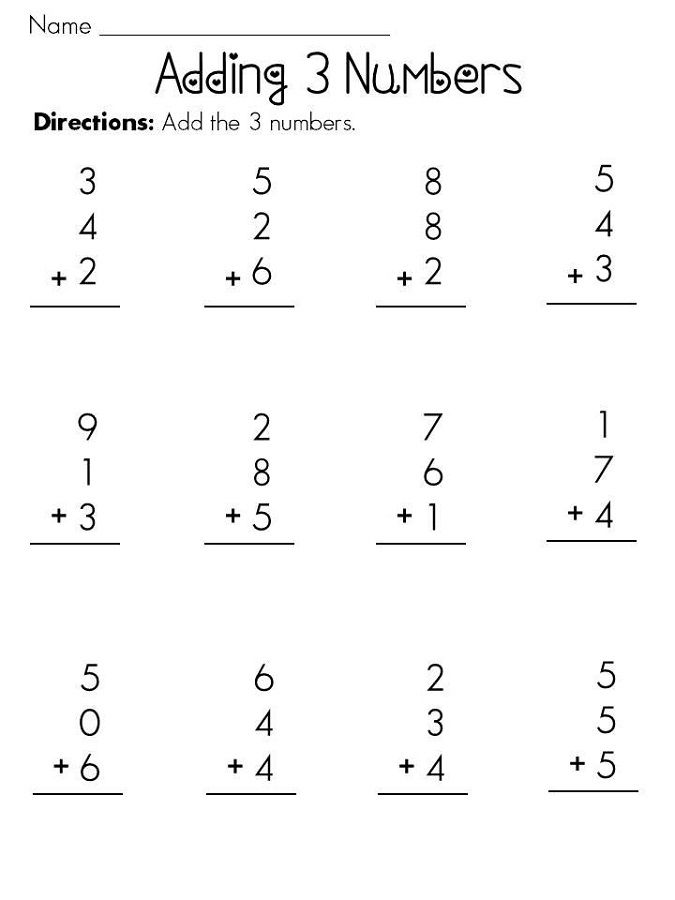 We can say that her age is not much different from the age of mankind. Mathematics helps, on the one hand, to develop abstract thinking, on the other hand, to solve applied problems in everyday life.
We can say that her age is not much different from the age of mankind. Mathematics helps, on the one hand, to develop abstract thinking, on the other hand, to solve applied problems in everyday life.
Mathematical thinking, or mathematical mindset, is based on logic, the ability to build cause-and-effect relationships, critical thinking, the desire to get to the bottom of a question or problem.
Mathematics forms skills that are relevant for any historical period, especially for the present.
What is entertaining mathematics?
Undoubtedly, mathematical abilities are developed by special efforts.
One option is to study mathematics by solving mathematical problems. For an easier and more exciting learning process, a special section is used - entertaining mathematics. In thoughtful game tasks, interesting plots, using humor, the science of mathematics appears in the most attractive form, which is especially important when teaching children.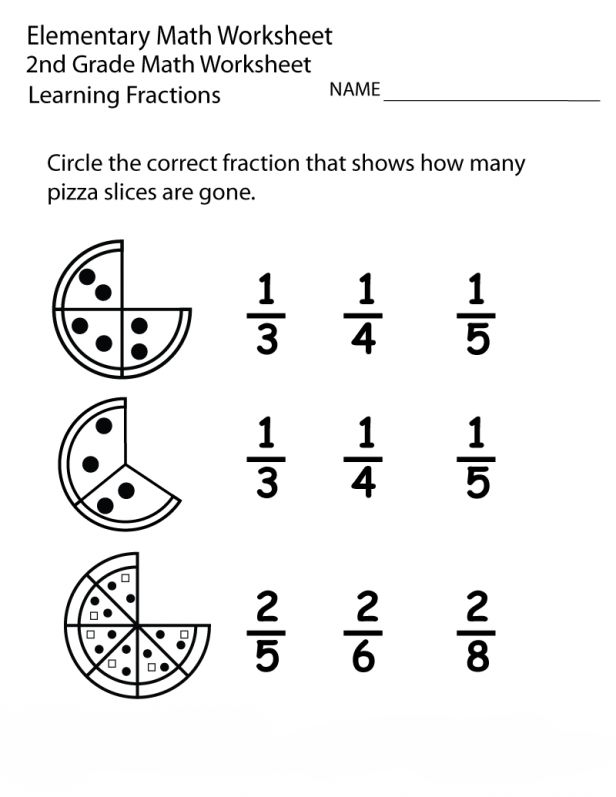 Children's curiosity and excitement allow you to get involved in the world of abstract calculations and go from entertaining puzzles to real complex mathematics.
Children's curiosity and excitement allow you to get involved in the world of abstract calculations and go from entertaining puzzles to real complex mathematics.
Why does the child not understand mathematics?
There is no definite answer to this question. Perhaps the child has not yet fully mastered the skills of counting. Here, counting games from very simple to complicated options, for example, with dice (as an option, rpg board games) will help.
Very young children may still have unformed abstract thinking: it is easier for them to operate with visual objects. A parent or teacher always shows the application of mathematics, explaining why mathematics is needed in life.
If we are talking about an older age, then it is possible to structure abstract thinking in the form of diagrams on paper, helping not to keep all the data in mind, but to see the full picture visually.
If mathematics is difficult for a child, it may be worth paying additional attention to the development of imagination.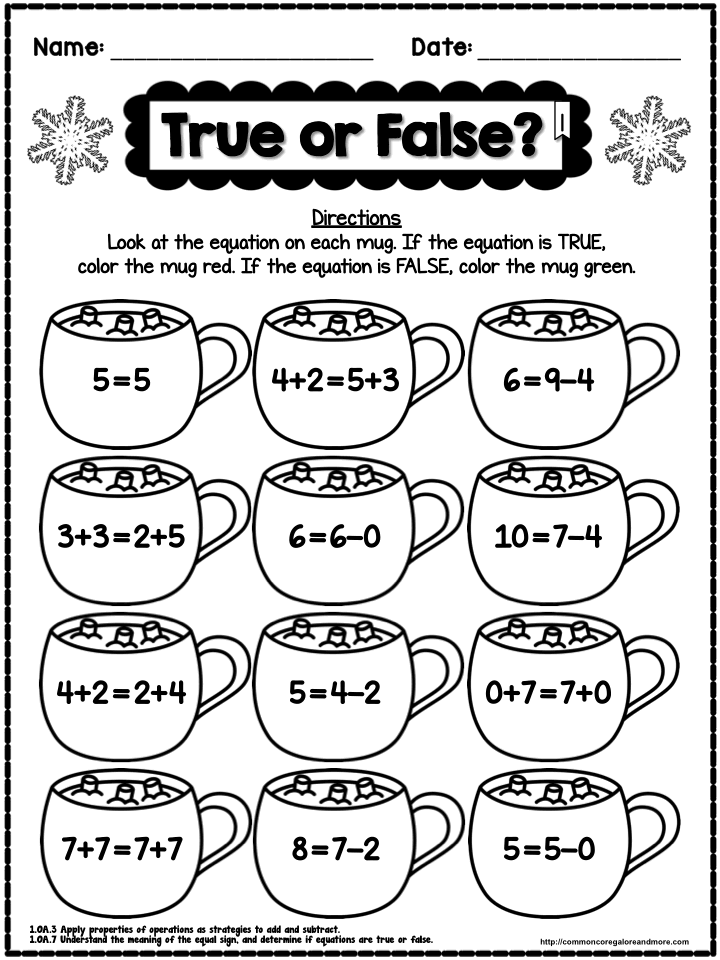 It is not necessary to use the detailed solution of math problems; you can go through mazes, cut out patterns, collect various crafts according to the schemes. Creativity is welcome, because mathematics is not always about dry numbers.
It is not necessary to use the detailed solution of math problems; you can go through mazes, cut out patterns, collect various crafts according to the schemes. Creativity is welcome, because mathematics is not always about dry numbers.
Math in pictures for preschoolers online is now available to every child. The section includes tasks and games in arithmetic for children, exciting tasks that develop addition and subtraction lessons for children. The exercises in this section will help develop attention and concentration, form elementary mathematical concepts in children.
Playful activities
Your child will have a fun and productive time.
Children are engaged with pleasure, are completely immersed in the learning process and achieve results. For children under 6 who have not yet learned to read, we voiced each task.
Cups and medals for children
Awards that motivate children to achieve success.